
It’s also the year that a tall blonde in her early 30s named Anne Herbert was sitting at a diner in Sausalito, California. During a moment of inspiration, she pulled out a pen–or maybe she picked up a stray crayon–and on a paper place mat, wrote (2, 3, 4):
Practice random kindness and senseless acts of beauty.
Anne was the editor of CoEvolution Quarterly, put out by the Whole Earth Catalog. Both the quarterly and the catalog are now defunct, but urged living an alternative, more holistic lifestyle. There appears to have been New Age themes, with the understanding that all life is linked together. (3)
Anne’s phrase took off, inspiring random acts of kindness galore, from paid coffee orders to actually splitting winning lottery tickets with strangers. In 2014, Anne Herbert put out a picture book with the same title as her scrawled restaurant proverb, leaving off the first word “practice”. The book advocates for kids to become “agents of goodness and beauty.” (5)

Random Acts of Kindness
Today, as a result of Anne Herbert’s dinner-time pondering, there’s a Random Acts of Kindness Day, a Random Acts of Kindness Week, and even a Random Acts of Kindness Foundation with an outreach to schools.
Christian radio shows advocate paying for the coffee of the person in line behind you. I remember listening to one station, and they were offering free printable tickets you could hand to the barista letting people know that you bought their drink as a kindness because you love Jesus (and of course, because you listen to the station.)
We see acts of random kindness played out on social media videos, written about in blogs, and dashed off as an afterthought. You can print out all kinds of fun random acts of kindness cards and activities to do with your kids.
But is that what we really want to teach our children? To randomly and thoughtlessly be nice?
The word kindness is associated with words like: tender care, loving kindness, gentle affection.
The word nice is associated with words like: enjoyable, pleasurable, agreeable.
When I purchase a coffee for someone in line behind me, someone who already planned to buy a coffee, am I taking care of that person with tenderness and gentle affection? Am I showing loving kindness? Or am I being nice–producing a temporary feeling of agreeableness for both me and the coffee purchaser behind me?
The dictionary definition for random includes (6): “a haphazard course; lacking a definite plan, purpose, or pattern.”
Maybe we should rename Random Acts of Kindness Day. We could call it Haphazard Deeds of Agreeableness Day instead.

Kindness in the Bible
The Bible has nothing to say about the word nice. I looked. There’s no record of God using the word nice in the ESV or the KJV. It’s just not there.
Now, God has a lot to say about kindness. I think it’s important to differentiate so we don’t confuse the two terms. Let’s look at a few things the Bible says about kindness:
1) God is Kind
The Lord is kind in everything he does.
Psalm 145:17, ESV:
The Lord is righteous in all his ways and kind in all his works.
We clearly see God’s kindness in his salvation of sinners. We don’t deserve to be saved from our sins. No, we’ve all sinned against a holy and just God, and we deserve his wrath. Yet, in his mercy, Jesus–God-made-man–died in the place of all who believe in him, confess their belief, and repent from their sins.
Romans 2:3-4, ESV:
Do you suppose, O man—you who judge those who practice such things and yet do them yourself—that you will escape the judgment of God? Or do you presume on the riches of his kindness and forbearance and patience, not knowing that God’s kindness is meant to lead you to repentance?
Romans 11:22-23, ESV:
Note then the kindness and the severity of God: severity toward those who have fallen, but God’s kindness to you, provided you continue in his kindness. Otherwise you too will be cut off. And even they, if they do not continue in their unbelief, will be grafted in, for God has the power to graft them in again.
2) Kindness is a Fruit of the Spirit
When we love and follow Jesus, when we abide in him, he grows fruit in our lives. It’s a sign that we truly believe in him and are indwelled by the Holy Spirit. Apart from Jesus, we can do nothing real. We can’t truly be kind, loving, or patient without the Holy Spirit in our lives. And the Holy Spirit isn’t in us if we don’t believe in Jesus, the Son of God and God-made-man, if we haven’t confessed him with our mouth, and if we haven’t repented of our sins.
Galatians 5:22-23, ESV:
But the fruit of the Spirit is love, joy, peace, patience, kindness, goodness, faithfulness, gentleness, self-control; against such things there is no law.
In John 15:4-5, ESV, Jesus says:
Abide in me, and I in you. As the branch cannot bear fruit by itself, unless it abides in the vine, neither can you, unless you abide in me. I am the vine; you are the branches. Whoever abides in me and I in him, he it is that bears much fruit, for apart from me you can do nothing.

Grab your FREE Bible Study Tool Kit–over 130 pages of Bible resources for your family!
3) Kindness is Commanded for Followers of Christ
The Lord has expectations of his followers. I find reading the books of prophecy a great way to understand the heart of God. He tells us right on the page what he wants from us!
Micah 6:8, ESV:
He has told you, O man, what is good; and what does the Lord require of you but to do justice, and to love kindness, and to walk humbly with your God?
Zechariah 7:8-10, ESV:
And the word of the Lord came to Zechariah, saying, “Thus says the Lord of hosts, Render true judgments, show kindness and mercy to one another, do not oppress the widow, the fatherless, the sojourner, or the poor, and let none of you devise evil against another in your heart.”
Job 6:14, ESV, said by Job (the speaker is important when reading Job!):
He who withholds kindness from a friend forsakes the fear of the Almighty.
Kindness is commanded in the New Testament, too. We just read that it’s a fruit of the Spirit. Paul also tells us to put it on, along with other godly character traits.
Colossians 3:11-12, ESV:
Put on then, as God’s chosen ones, holy and beloved, compassionate hearts, kindness, humility, meekness, and patience, bearing with one another and, if one has a complaint against another, forgiving each other; as the Lord has forgiven you, so you also must forgive.
4) God’s Kindness is a Gift — and Because of That Gift, We Work for Jesus
Ephesians 2:4-10, ESV:
But God, being rich in mercy, because of the great love with which he loved us, even when we were dead in our trespasses, made us alive together with Christ—by grace you have been saved—and raised us up with him and seated us with him in the heavenly places in Christ Jesus, so that in the coming ages he might show the immeasurable riches of his grace in kindness toward us in Christ Jesus. For by grace you have been saved through faith. And this is not your own doing; it is the gift of God, not a result of works, so that no one may boast. For we are his workmanship, created in Christ Jesus for good works, which God prepared beforehand, that we should walk in them.
See what I mean? We’re not saved by our own merit. We’re saved because of the gift of grace and faith that God gave us. Jesus paid the debt owed by those he saves.
It’s because of our salvation that we do good works. And we do good works because Jesus cares about our works. In fact, he created us for the good works that he actually prepared for us!

Kindness isn’t Random
It doesn’t bother me that people celebrate being haphazardly nice to others. I like warm fuzzy feelings as much as anyone else.
However, when it comes to teaching our kids to live for Jesus, I think we need to be really careful to communicate the right biblical doctrine to them. The Bible doesn’t teach us to be nice, and it doesn’t teach us to haphazardly display the fruit of the Spirit.
Does that mean you can never purchase coffee for the person behind you in the drive thru? No. But it does mean you’re held to a higher standard of kindness, and you are directed to teach it to your children as well.
Proverbs 1:7-9, ESV:
The fear of the Lord is the beginning of knowledge;
fools despise wisdom and instruction.Hear, my son, your father’s instruction,
and forsake not your mother’s teaching,
for they are a graceful garland for your head
and pendants for your neck.
Kindness isn’t random. It’s a lifelong fruit that shows up in everything a believer says, does, and thinks. Thankfully, God is progressively sanctifying us, so we continue to grow in kindness as we walk with him.

Teach Your Kids Intentional Kindness
Is it weird to teach your kids to be something they can’t possibly truly be unless they are saved? Yeah, a little. And yet, we are to teach our children to follow God, pray for their salvation, and trust him with the results.
You can teach your kids about intentional kindness. Let’s just hit the high points.
1) Christians are Kind
Like we discussed before, kindness is a fruit of the Spirit. If we are indwelled with the Holy Spirit, we are going to be kind. We are going to care for the downtrodden, the hurting, the fragile. We are going to weep with those who weep and rejoice with those who rejoice. It’s in our nature.
We can teach our children who are truly regenerate not to suppress their kindness. We can teach our yet-to-be-saved children to listen to their God-given conscience. And we can display the fruit of the Spirit in our own lives, treating our family and those we encounter with loving, joyful kindness.
2) Kindness is Intentional
Kindness requires a commitment to loving others, a schedule that allows time to love others, and a decision to give time, resources, and emotions sacrificially. Often, kindness requires planning.
Kindness is more than buying a $5 coffee for the guy in line behind you.
Kindness is:
- Showing up to clean when someone is ill.
- Bringing dinner after a tragedy.
- Checking on an elderly neighbor on a regular basis. Or, moving an elderly parent into your home.
- Providing clothing for a new foster child down the street.
- Pairing donated socks for children in the foster care system.
- Helping a single mom with car repairs.
- Listening to a veteran’s stories and weeding their yard.
- Inviting the nonverbal kid to your birthday party.
- Sharing your LEGO men when your friend comes over to play.
Kindness shows up a lot of ways, but they almost always take effort and sacrifice.
3) Kindness Should be Practiced in Humility
I think of this passage in Matthew every time I see a video showing some guy giving a homeless man a hundred dollars. Maybe the point of those kinds of videos is to inspire others to kindness, but we ought to really weigh the words of our Savior. In Matthew 6:1-4, ESV, Jesus said:
Beware of practicing your righteousness before other people in order to be seen by them, for then you will have no reward from your Father who is in heaven.
“Thus, when you give to the needy, sound no trumpet before you, as the hypocrites do in the synagogues and in the streets, that they may be praised by others. Truly, I say to you, they have received their reward.But when you give to the needy, do not let your left hand know what your right hand is doing, so that your giving may be in secret. And your Father who sees in secret will reward you.
I do think there’s a place to share with others how we minister, and to involve them in our ministry. However, let’s teach our children to heed Jesus’ words and to be kind in humility.
4) Kindness Doesn’t Happen Just One Day (or Week) a Year, and It Doesn’t Come with Printables
Kindness isn’t an event. It’s a part of how every true Christian relates to the world. We can teach our kids to speak kindly, to act in love and kindness, and to serve in humility. We can teach them that kindness is a part of the life of a believer, and that we are commanded to be kind by the King of the Universe.
Kindness isn’t random, it’s not an accident, and it doesn’t come with cute printables. True kindness is sacrificial, it takes effort, and it’s a part of the life of every believer.
References:
Bible Resources for Your Kids
Learn More HereLearn More HereLearn More HereLearn More HereLearn More HereLearn More Here
Help Your Kids Learn and Love the Bible
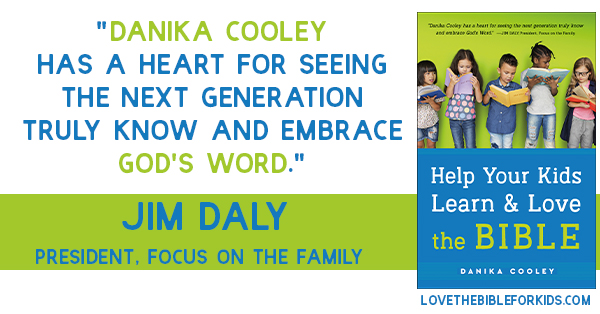
You want your kids to learn and love the Bible.
You want to teach the Bible…
As parents, we deeply desire the best for our kids. We look for the right schools, we make them eat right and exercise, and we get them involved in extracurricular activities. We take our job as parents seriously.
But are we also putting our time and energy into
teaching them the Bible? Giving them the life-changing, soul-nourishing words of Scripture is not only doable, it’s an essential part of parenting kids for Jesus. And the good news is, studying God’s Word as a family doesn’t have to be difficult!
2 Timothy 2:15, ESV, says:
Do your best to present yourself to God as one approved,
a worker who has no need to be ashamed, rightly handling the word of truth.
Our job, as parents who love Jesus, is to help our kids become approved workers, unashamed and rightly handling the word of truth.
The good news? Teaching the Bible isn’t hard. Your family can learn the Bible together.
…and you can!
A Crash Course in Teaching the Bible to Your Kids
Danika Cooley’s book, Help Your Kids Learn and Love the Bible, will give you the tools and confidence to study the Bible as a family. It will help you identify and overcome your objections and fears, give you a crash course in what the Bible is all about and how to teach it, and provide the guidance you need to set up a family Bible study habit.
You will finish this book feeling encouraged and empowered to initiate and strengthen your child’s relationship with the Lord through His Word.

Help Your Kids Learn and Love the Bible will equip you with everything you need to know to teach the Bible to your kids!


Grab the autographed Reformation Family Bundle!
Thinking Kids Posts You’ll Love

Join the newsletter

Get the Family Prayer Box Project FREE!
Teach your children to pray with this fun project that includes 7 printable sets!







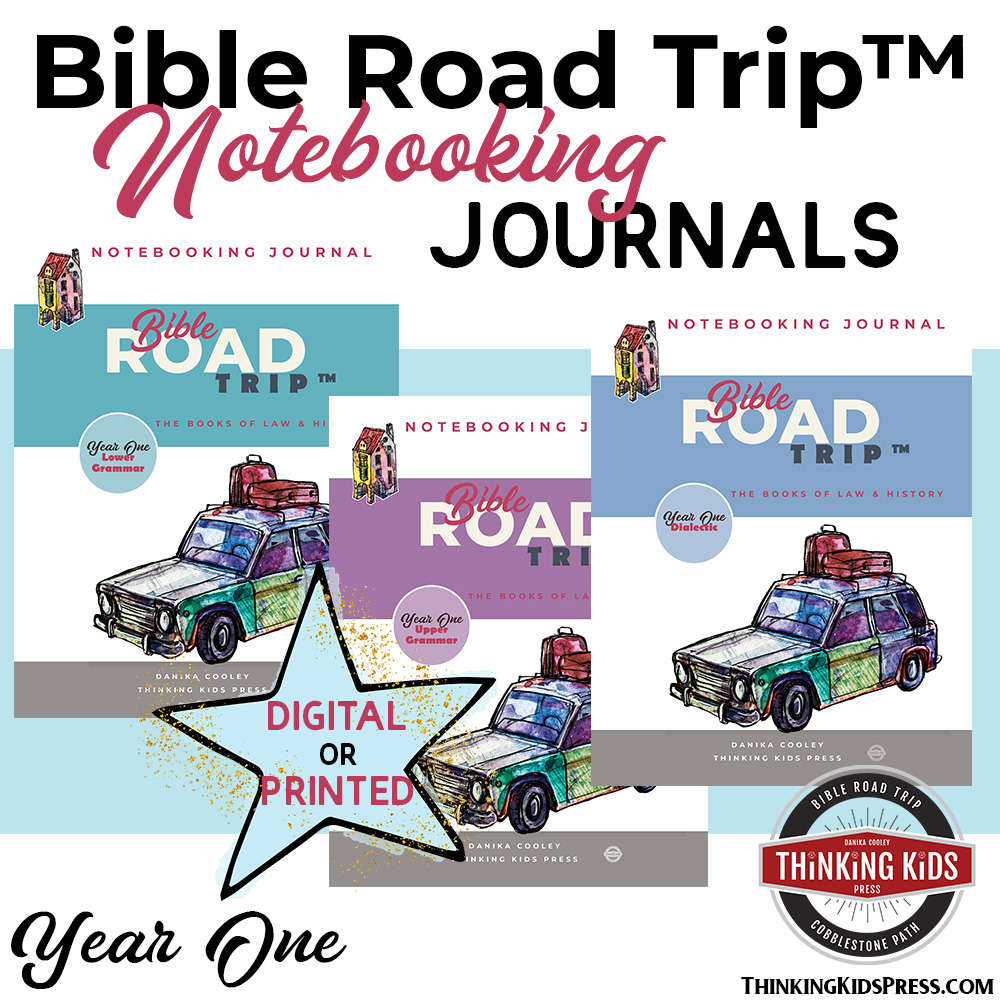
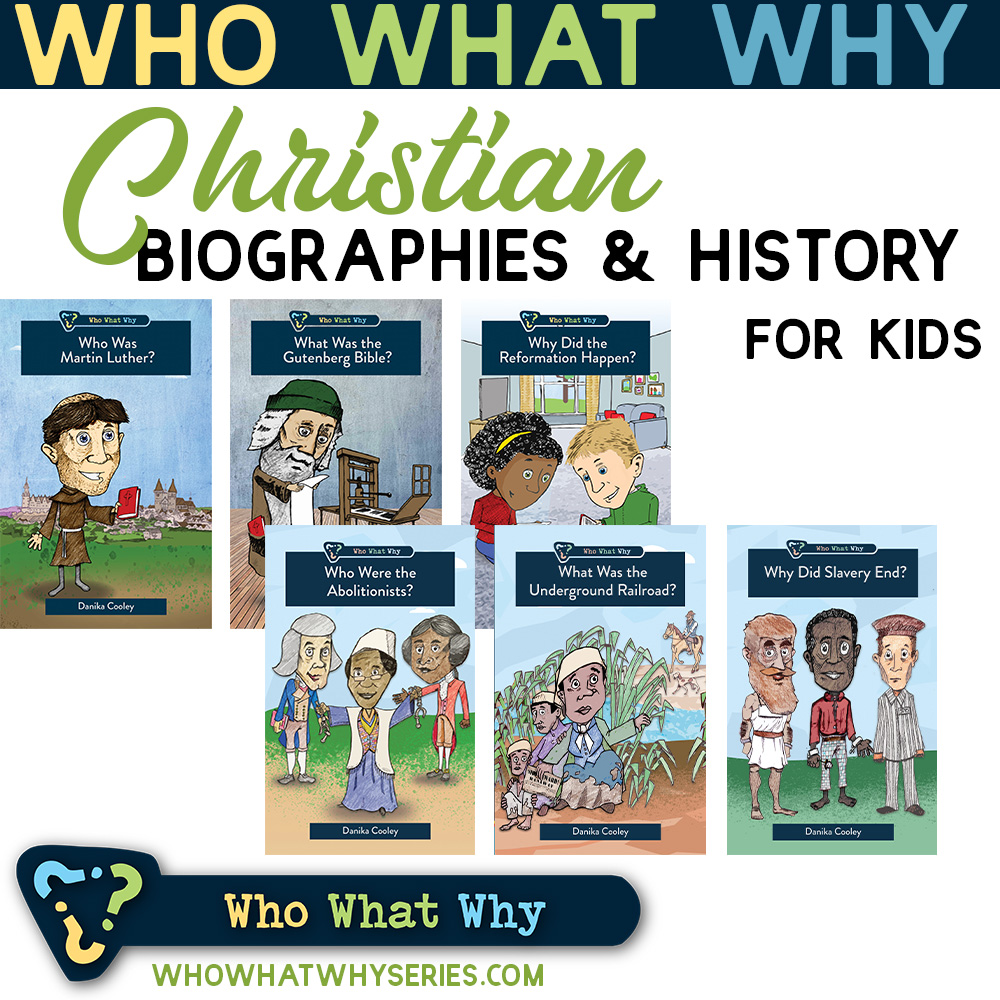
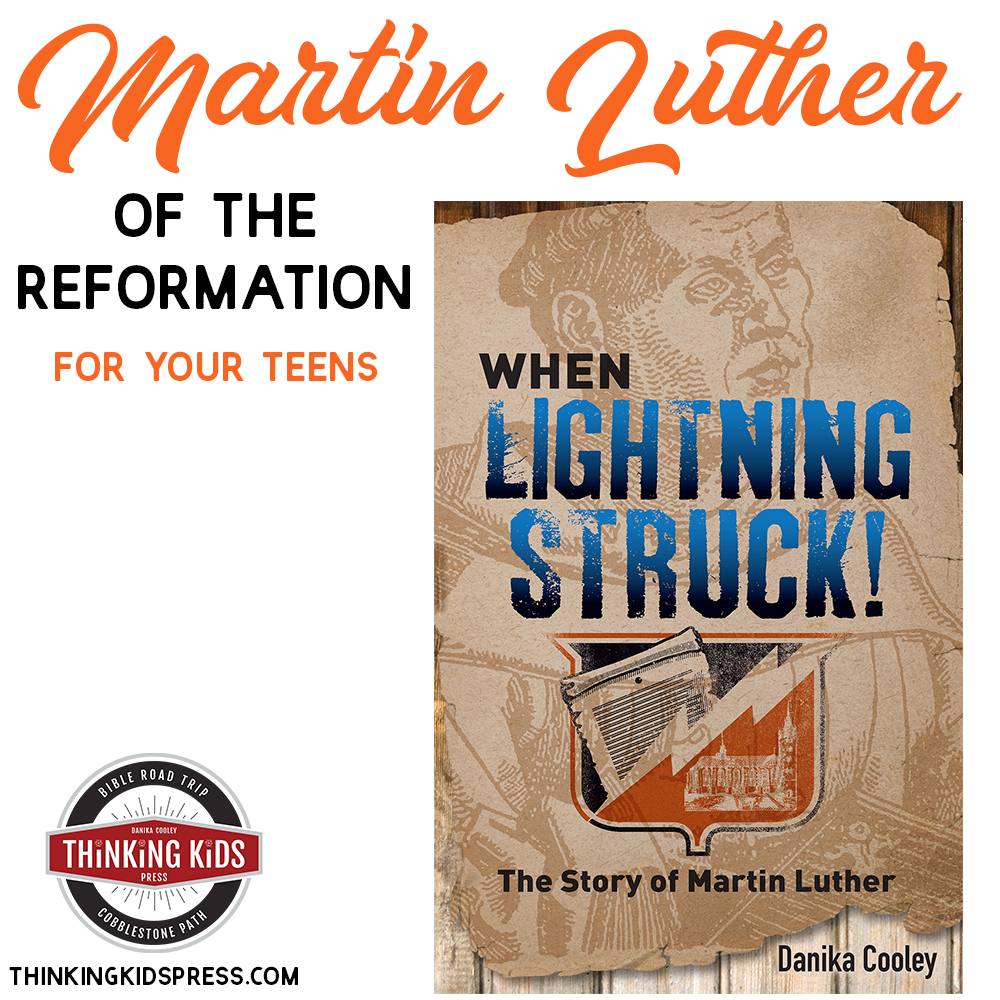



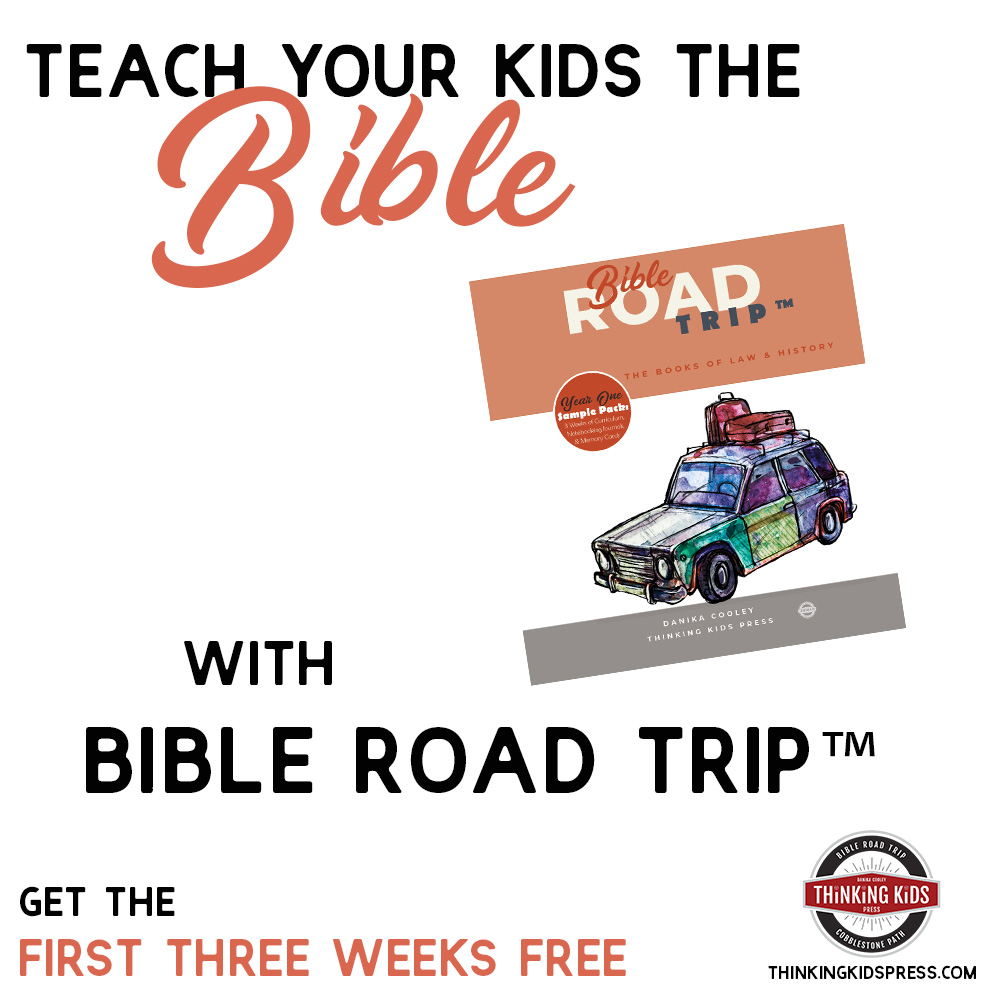

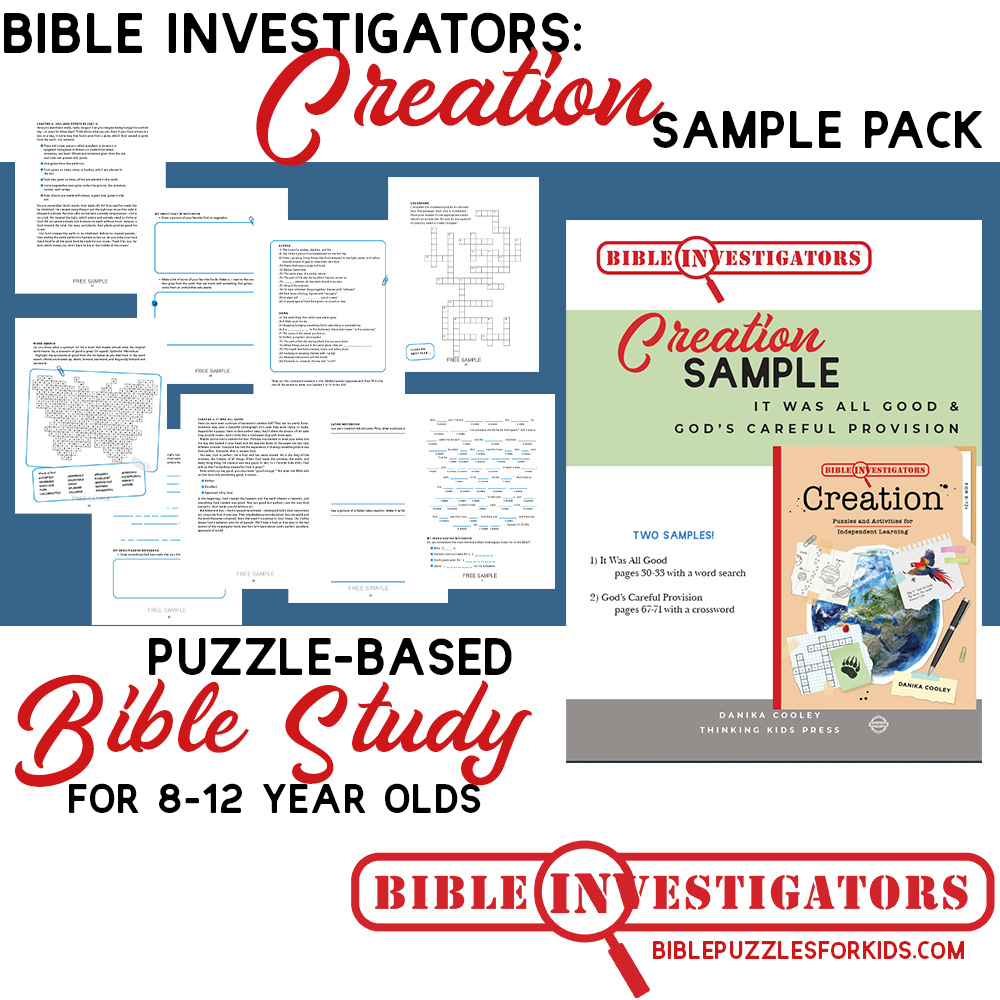












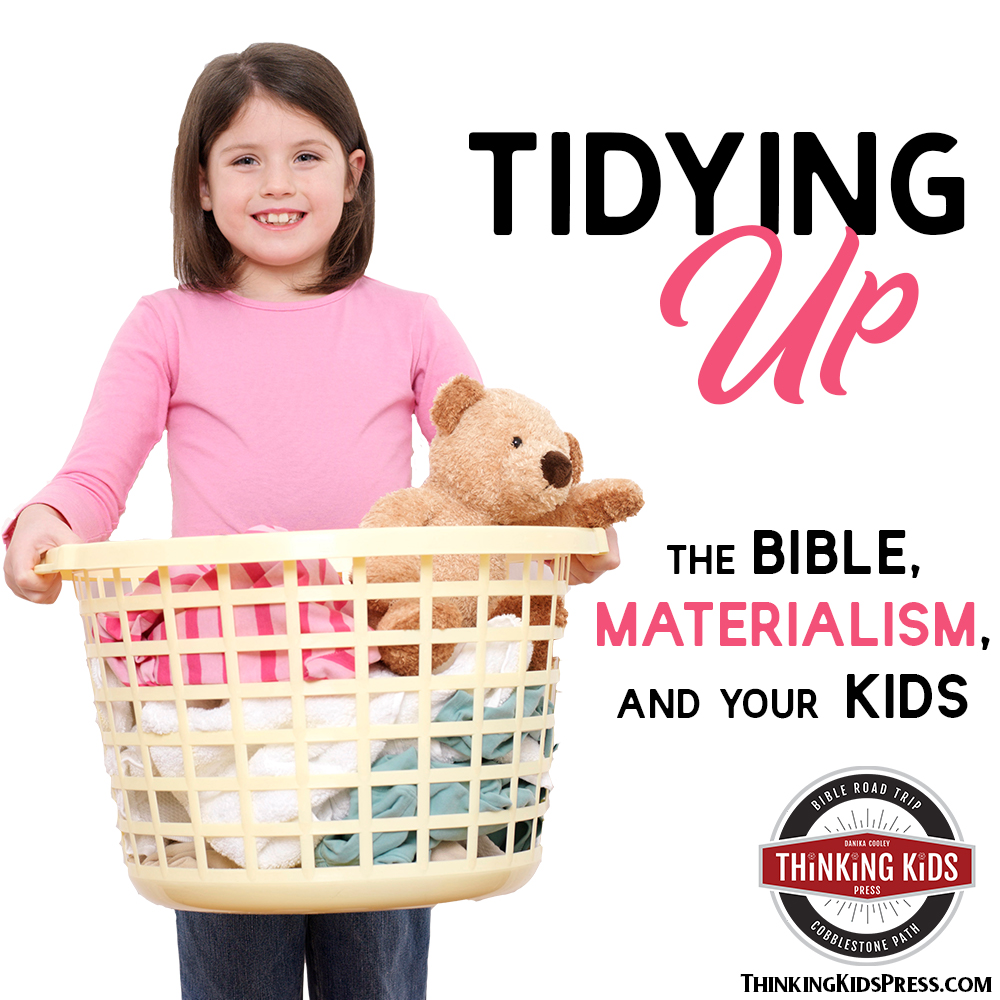








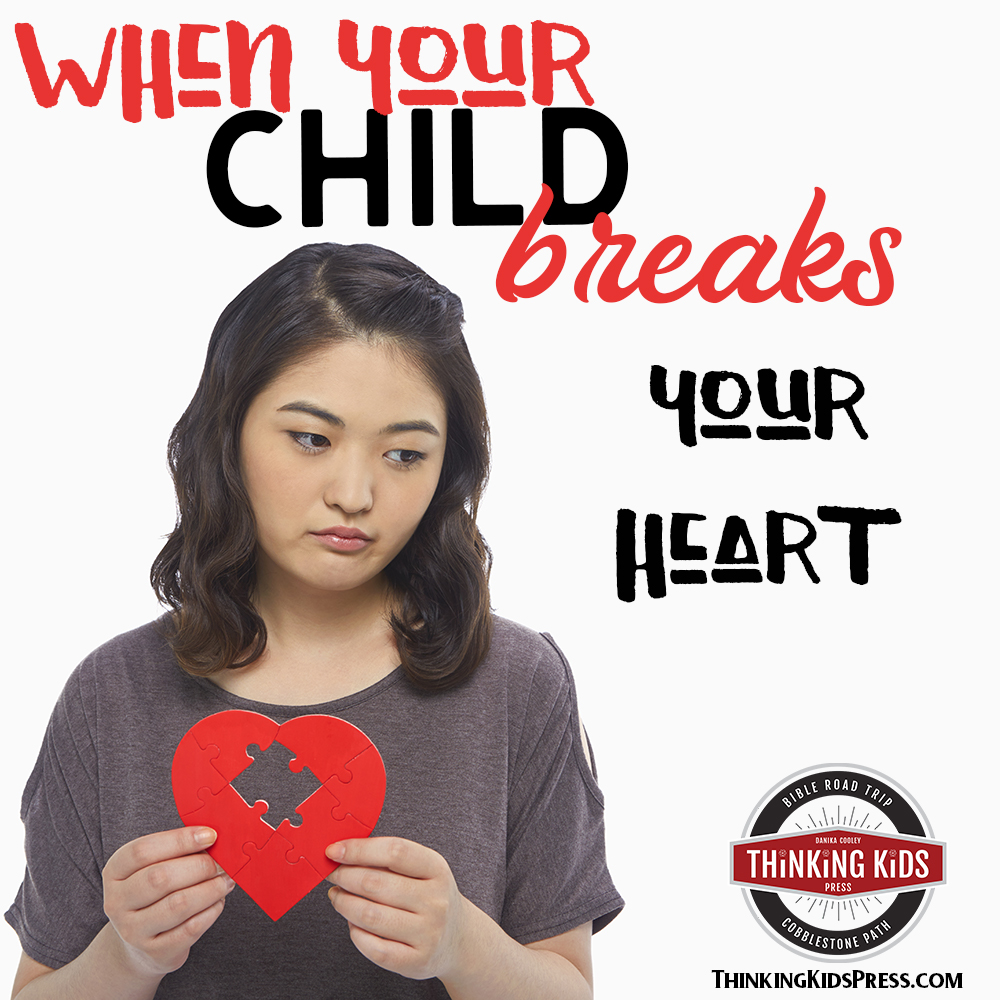
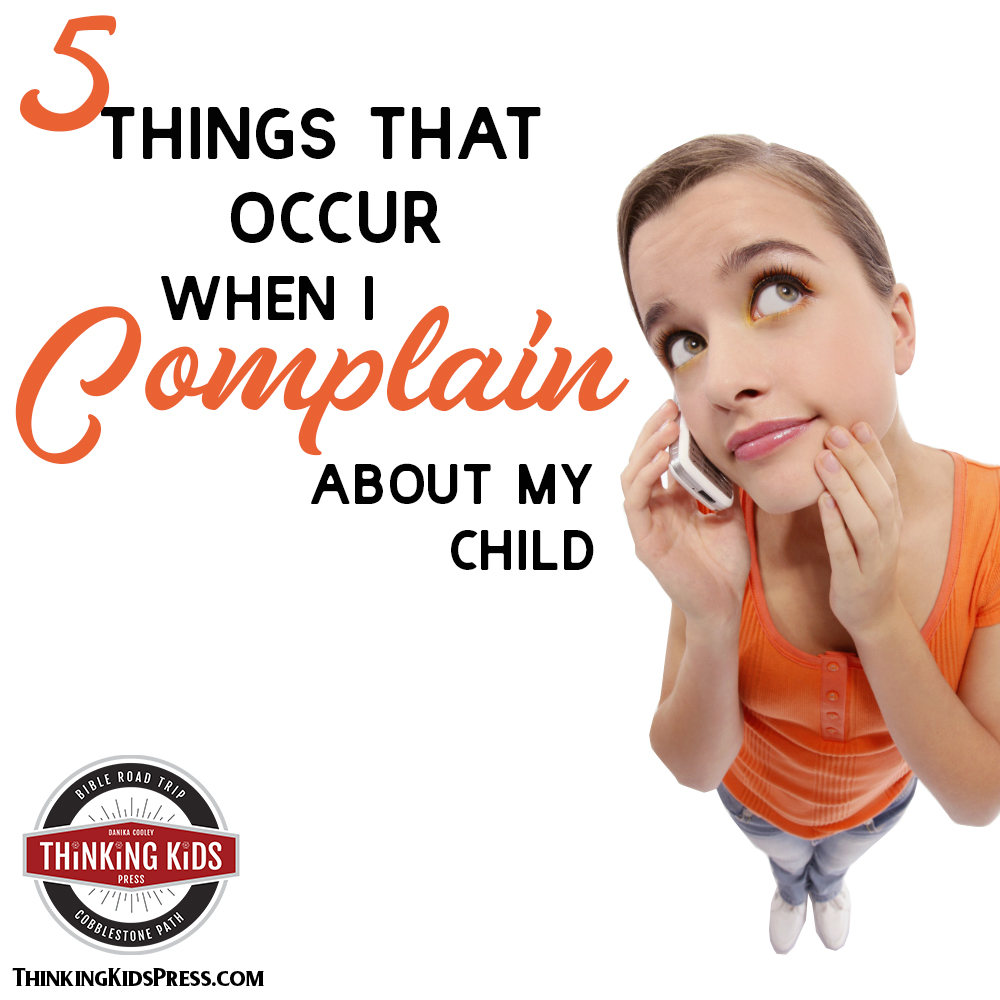



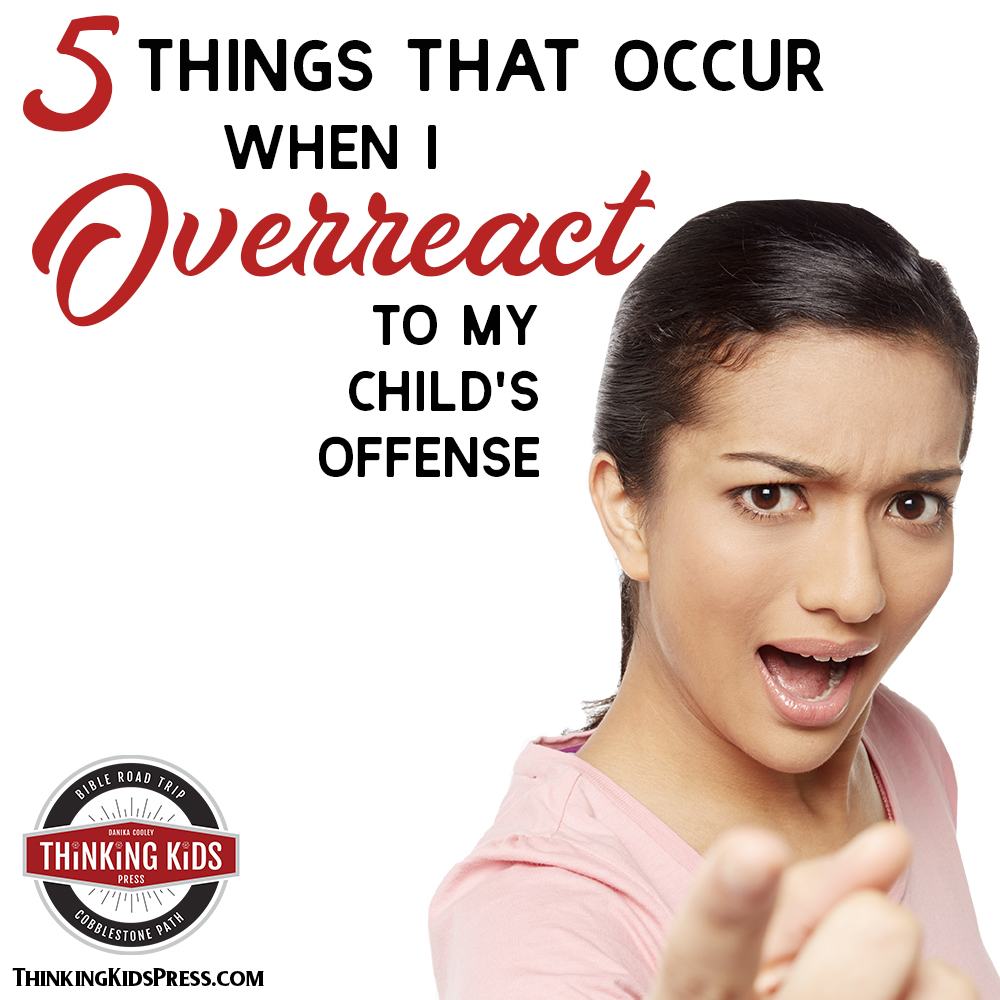






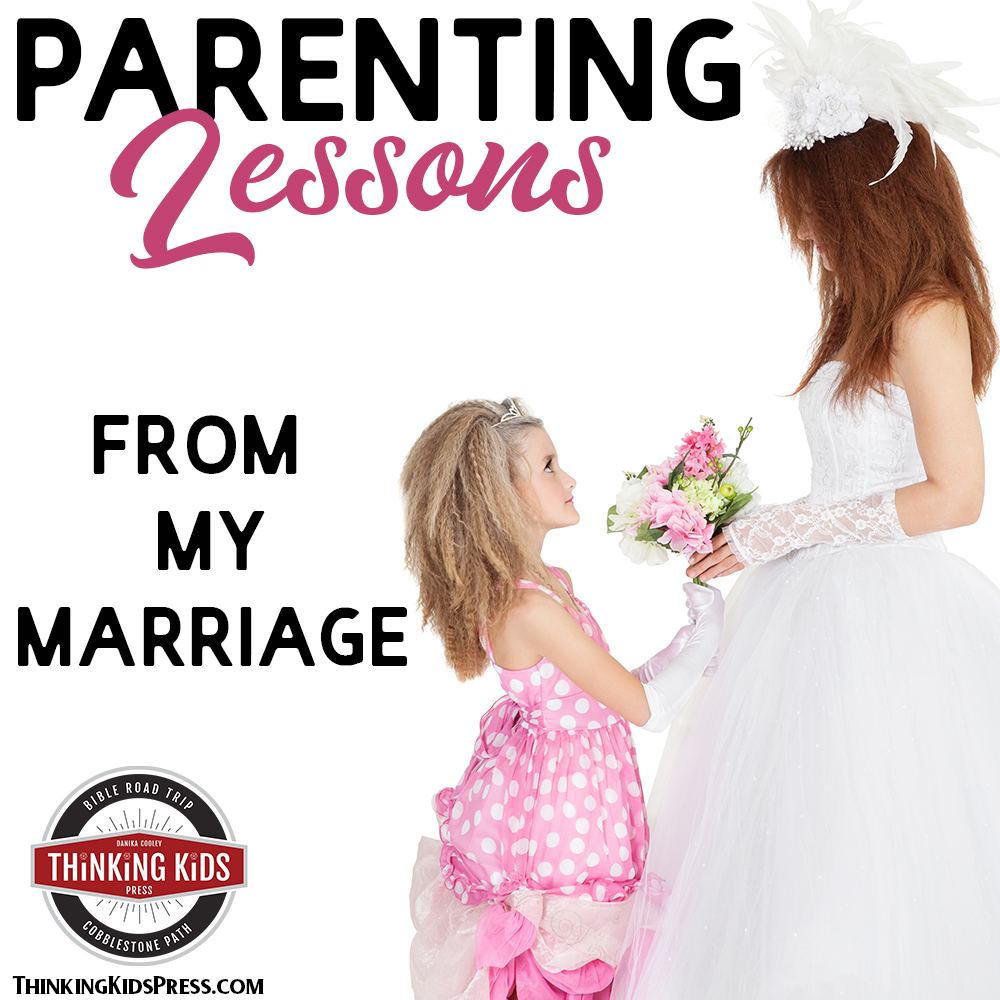





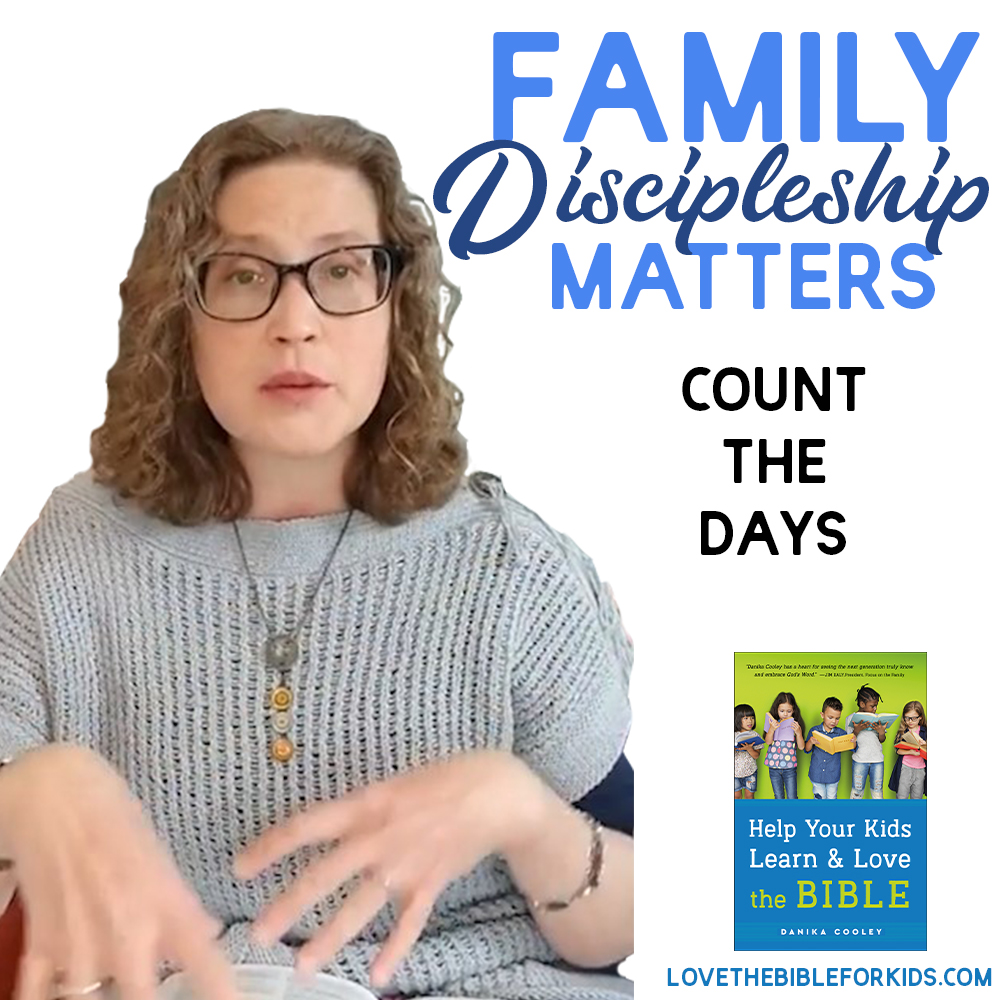























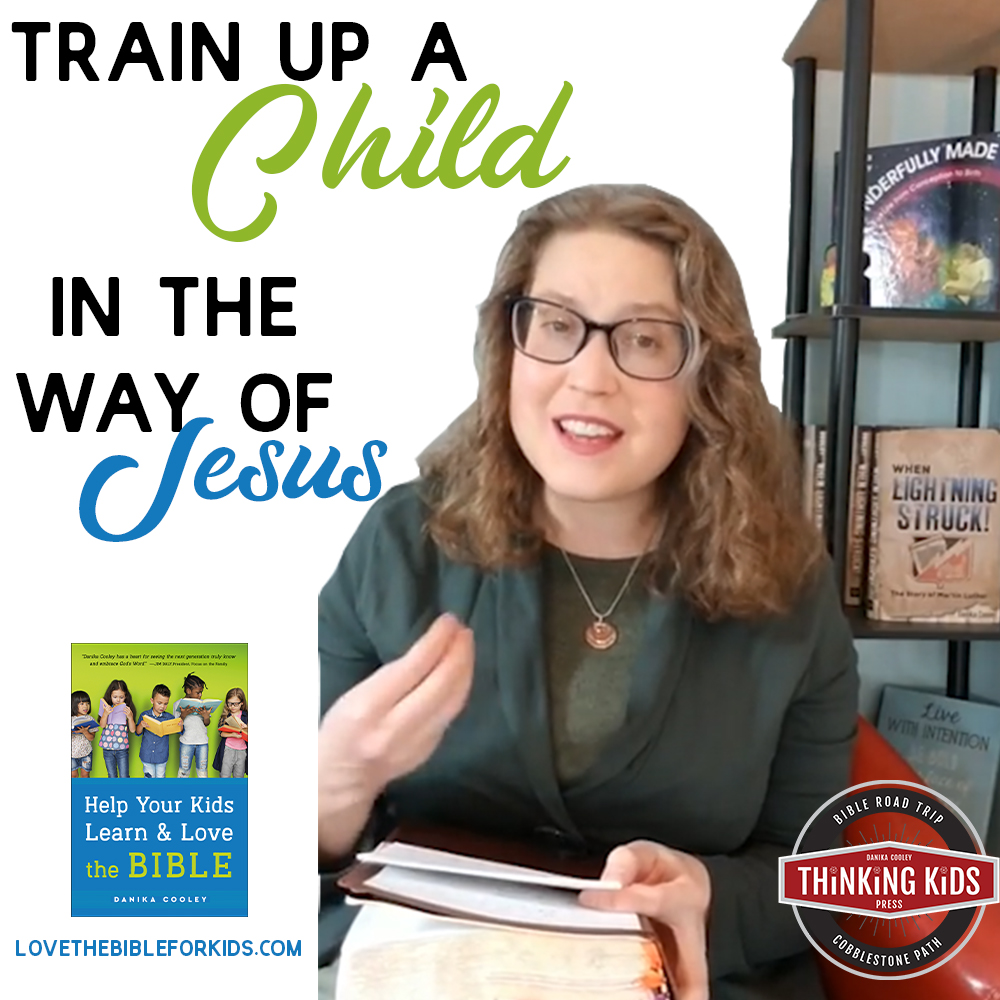

















































Thanks for this post. I think kindness is so needed in our culture today.
This post really inspired me to be more intentional in teaching, discussing, and showing kindness with my children from a biblical perspective; not just being “nice.” Thank you.
Thanks for all your thoughtful resources!
Thanks for these thoughts. It’s such a sad world today, and, though we shouldn’t have to be reminded, kindness is key to making it better.
What a good reminder to be intentional about teaching our kids to be kind; and to be kind examples ourselves.
Great information and ideas!
Thank you for reminding us about the difference between nice and kind! And for all the practical ways to teach intentional kindness! Excellent post and wonderful reminders!
Great post and a great reminder that kindness needs to be intentional!
Intentional is so key here. Thanks for this thought-provoking post!
This is an amazing opportunity.
I’ve always thought that teaching kindness, tolerance and patience is key to having a great amiable personality. Thanks for the great article
Thank you for sharing this!
What a great eye opening article. Kindness is definitely one of the fruits of the spirit I need to work on. Thank you for helping me see the error in my ways.
This is wonderful! Something we should always let our kids see us do. Everyone can use more kindness! Would love to win!
Thank you for this insightful post. I am teaching my daughter self control, kindness and patience this summer! She is 12 and I am seeing lots of uses for these characteristics in her future!
Thank you for the thoughtful article. I have always liked the random acts of kindness but I never thought about the biblical difference. You are so right and spot on.
Christian Book is one of my favorite resources for homeschooling and lots of other great finds